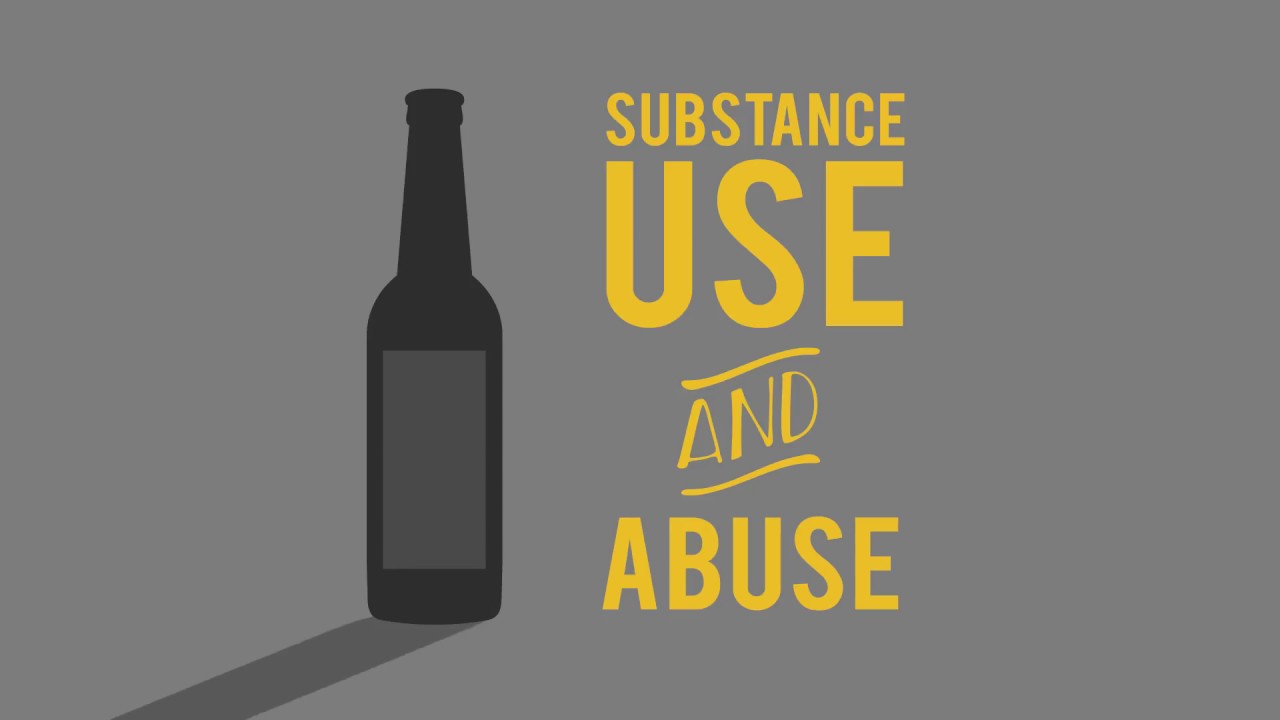Addiction and Substance Use
Addiction has existed since the dawn of time. Throughout the ages, people have used substances to relieve pain, elevate mood, forget about their problems, connect with others. We see mention of alcohol in the Bible and Greek and Roman Mythology. But, our relationship to alcohol and other mood-altering substances has been a difficult one. It seems that sometimes their use creates more problems than it solves. Society has often labeled persons struggling from substance abuse as weak-willed, morally corrupt individuals who deserve the life that they are choosing for themselves. Addicts and alcoholics were often jailed or placed in insane asylums as a form of punishment for their continued behavior. Those who were not addicts themselves had a hard time coming to terms with the idea that addiction is not a choice that someone makes, but rather the lack of choice for those who are addicted.
Addicts themselves understand this idea today. They can often give you examples of how they ended up using or drinking despite their best intentions. Understanding this phenomenon, poses a question: “If they are not able to stop despite their best intentions, what are we punishing them for?” Addicts and alcoholics are not bad people, they are sick people. Unfortunately, this disease manifests itself in such ways that can wreak havoc not just in addict’s life, but everyone that they come in contact with. Today, we know that addiction is a disease of the brain. This is not a topic for debate and there is overwhelming evidence backed up by decades of research to support it. Like other chronic, progressive disorders it can be arrested, treated and recovery is then possible. As a result, addicts and alcoholics recover and find a meaningful, purpose-driven life. They reconnect with themselves, their families and greater society. They realize that whatever they were looking for in alcohol and other drugs (and didn’t ultimately find) is available to them in sobriety.
The path to recovery is not easy, especially in early days of recovery. One has to be willing to look the truth squarely in the eye, take responsibility for one’s past actions, be willing to change and do what it takes to recover. Since denial has been a huge part of addict’s life, we need help of others to spot our self-deception. We are going to have difficult days in recovery, we should expect that and be ready for them. That is why it is imperative to have people that support us in this journey, counselors, therapists, family members, employers, church, support groups, other people in recovery – the more support you have the better. Ultimately, it all still boils down to one’s willingness to be open-minded, being willing to practice rigorous honesty and do some uncomfortable work in order to heal. This process may not be easy, but it’s so worth it.





